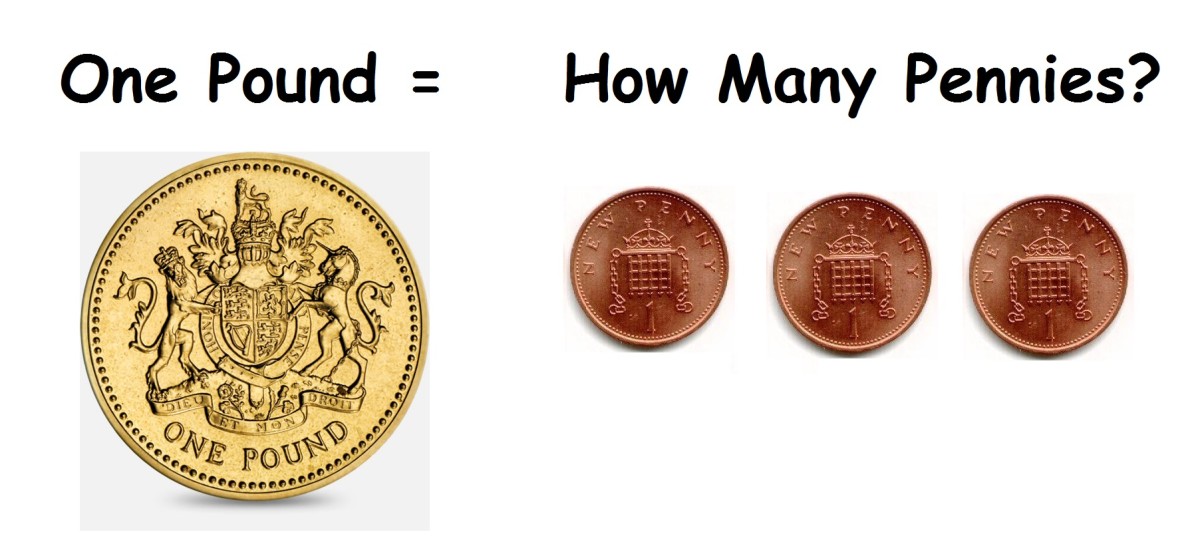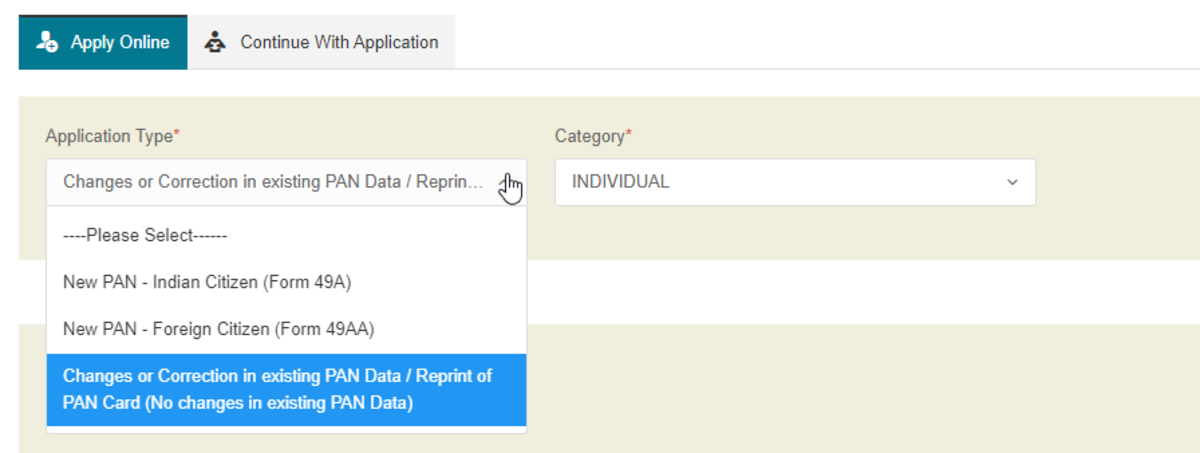Structured Settlements 101
Structured Settlements And The Options With Them
Many people receive structured settlement payments as the result of a tort lawsuit or a windfall winning of cash. Since the 1970's, structured settlements have become common for people who are owed large amounts of cash as an alternative to singular lump sum payouts. In the past, lump sums were more common as a settlement – structured arrangements have become more the norm nowadays, however. Due to unforeseen circumstances almost anyone can become the recipient of settlement payments from an insurance company or obligor. "What do I do with my structured settlement and/or my structured settlement payments?" are becoming common question. For those people, it is very much in their favor to learn about structured settlements and their options and rights in regards to them.

What Is A Structured Settlement?
By basic definition, a structured settlement is an arrangement for periodic payments, usually at a set amount, to be paid over time (normally a course of many years) in order to satisfy a financial obligation. The term mostly applies to restitution for damages that result from personal injury lawsuits, in most cases a personal injury caused by negligence, such as a motor vehicle accident, medical malpractice, wrongful death, or injury caused due to the negligence or liability of a property owner.
The settlement itself is utilized as a way for the responsible party to meet their large financial obligation to the claimant in a way that also meets the needs to the injured party. Instead of paying the full balance of the money due at once, a larger settlement amount is agreed upon and the payments are stretched out over time so that the payee is able to meet its obligations, and so that a large enough award can be made on behalf of the injured party to cover expenses and compensate for their injury or loss.
At its most basic definition structured settlements are financial agreements between two parties whereby monies are paid in installments over time; and so although the term applies to injuries and lawsuits more often than not, it can also be applied to large payment awards such as those generated by lottery or casino and gambling winnings. Throughout this article, focus will be on structured settlements as lawsuit restitution, but the same essentials and options normally apply to other debts and so this information is likely applicable if for holders of structured settlement rights resulting from another source (it should be noted, however, that at least in the United States worker's compensation claims are regulated differently).
Joe Jamail: Benefits of Structured Settlements
How Structured Settlements Originate
Structured settlement agreements originate as part of the process of settling a personal injury claim. If the case went through the court or legal mediation system, this would involve the courts, with them overseeing the process to ensure that the financial needs of the claimant are fulfilled, relative to the injury. If settlement was reached out of court the award and terms would have been reached between the payer and the claimant and his or her legal representatives. In most cases involving personal injury the responsible party, and hence the one subject to the agreement, becomes an insured party's insurance company, and not the private individual who is responsible for the negligence or offense.
Otherwise, structured settlements may originate from a debt such as a lottery award or casino or gambling award and the payments structure and schedule is either predetermined by the rules of the game or an option for timed payments, or is agreed upon by all parties at the time of the winning (such as when the winner selects the timed payout option instead of a lump sum award).
What Is A Structured Settlement Annuity?
When an option or agreement to receive structured settlement payments over time is made, the obligor, the party who must make the payments, will usually purchase an annuity with just a fraction of the money that comprises the total award. In other words, they invest a portion of the payout in an annuity (if you like, a type of annuity structured settlement), and the annuity gains interest; the payments to the claimant are a combination of principal and interest accrued from the investment. The obligor actually only pays a small percentage of the total award (the amount received by the person receiving payments), and the investment returns make up the rest. So the purchaser of the annuity would be the lottery commission, gaming body, or most often an insurance company, and the resulting earnings (or the rightful proportion of them) are assigned directly to the injured party or winner.
Options For Recipients Of Structured Settlement Payments
Although the regulations regarding structured settlements vary by country and region, people who are receiving payments of this kind usually have a number of options open to them. During the actual structuring phase options are limited (although agreements are supposed to take into account the best interests and financial needs of the offended), but after payments begin recipients have the option to sell structured settlement payments to a third-party funder such as a structured settlement company, in order to access cash in larger amounts and in shorter time (shorter, that is, than waiting to collect all payments).
For those interested in selling structured settlement annuity payment rights, there are a variety of avenues to be explored. The most common type of sale is a partial sale wherein the seller sells just the number of payments that will help him or her to access the amount of cash that he/she needs. The agreed upon payments are re-assigned to the buyer of structured settlements and in exchange the buyer gives an upfront lump sum of cash to the seller. A secondary option would be a full sale where all future payments are exchanged and reassigned to the buyer, and the seller gets a larger lump sum payout, but will receive no future payments. This is commonly known as a "cash for structured settlement" deal.
Why People Sell Structured Settlement Payments
Selling money doesn't always seem to make sense at first glance, but selling structured settlement payments can be a real solution for many people who receive them and have a financial need or want. Selling a structured settlement payment allows the seller to gain access to a large sum of cash rather than wait to accumulate their money over time.
There are many variations on partial structured settlement sales, too. Instead of collecting total payments, a buyer may agree to collect just a portion of each payment for an agreed amount of time, splitting the payments with the seller and still giving a lump sum of cash for structured settlement payments. In another scenario the seller may opt for a few larger disbursements of cash instead of receiving a single lump sum (for example, the large lump sum split and disbursed over three or four larger payments). Any of these options may be mixed and matched to come up with the most preferable agreement and payment option to suit the buyer.

Structured settlement buyers report that the most common reason people want to sell their payments is to satisfy overwhelming debts, pay unexpected expenses, or resolve a financial emergency. Medical debts, difficulty meeting mortgage or housing payments, divorce, foreclosure, or any other number of circumstances can be motivation to pursue selling structured settlement payments. Other people will look into this option simply because they like the idea of accessing their cash and having it to control, an option that is not always available at the time a settlement is constructed; and still others may feel that their payments will outlive them, and they choose to have their money at their disposal now.
These are all valid reasons why selling annuity payments may be enticing; to be sure such a sale can be a good solution to hard financial times. Selling payments does come at a cost, though, so this is something that shouldn't be taken lightly, and something that deserves some time spent on researching buyers, the structured settlement payment sales process, and on due diligence to ensure a favorable and equitable deal is made.
Understanding The Discount Rate Concept
When structured settlement payments are bought, the money that is given in exchange is figured at a discount rate. There has to be some benefit in the transaction for the buyer, and so they analyze the annuity, the track history of the annuity issuer, the value of remaining payments, length of payments, and other factors to arrive at a discounted rate that is applied to the money purchased. This is how the lump sum offer is calculated.
A recipient will always collect more money by waiting out the payments, but still the circumstance of the situation or the ability to freely access cash and spend it at will may be worth the loss. It is an individual decision that really only the seller can decide. It should be known that buyers will all offer different rates and will vary on fees, too, so as always the situation is buyer beware, and shopping around for he best deal is essential.
What Sellers Should Know Before Deciding To Sell Structured Settlement Payments
The best thing to know is just that—that the seller of structured settlement payments does have options; a seller has options as to the amount of payments that are sold and also to who buys them. Sellers should also know that there is a distinct process in place in most regions, states, and countries where annuity payments are sold, and court-ordered processes and approvals in place to ensure that the sale is in the best interest of the seller. Those processes require disclosure of fees and discount rates, present values of money, future and time values of money, and other safeguards aimed at keeping buyers honest and forthright, however all buyers are not created equally and there is still some opportunity to take more privileges than necessary, and so it is always important to thoroughly research buyers and to consult an uninterested third-party for financial advice, just to be sure.
Structured settlements are designed with the express purpose of meeting the financial needs of a person who has been dealt an unfair hand; that same design can be easily applied to those more fortunate to have come into their money through a stroke of luck. Even after the original construction, annuity payments present an opportunity for financial management and gain, one that can be even more advantageous to the informed settlement seller.
This hub brought to you...
by Julie-Ann Amos, professional writer, and owner of international writing agency www.ExquisiteWriting.com
Why not create your own HubPages? It's fun and you can make revenue from Adsense and other revenue streams on your pages. JOIN HUBPAGES NOW
This work is licenced under the Creative Commons Attribution-Non-Commercial-No Derivative Works 3.0 Unported License. To view a copy of this licence, visit http://creativecommons.org/licenses/by-nc-nd/3.0/ or send a letter to Creative Commons, 171 Second Street, Suite 300, San Francisco, California 94105, USA.
Other useful hubs
- structured settlements questions
Before we can understand what a structured settlement is, we have to understand what other types of settlements there are. When an individual becomes a claiment in a personal injury action, that individual... - Structured Settlement or Lump Sum Payment
(Everyone's personal financial situation is different, but here is one view and opinion.) If you are involved with a legal decision, financial claim or insurance arrangement, the financing process to settle... - receiving a disability pension in the form of a structured settlement
It is important to get independent advice when accepting any settlement for injuries, illness or disabilities resulting from any action from a person/persons or another legal entity such as a corporation It is...





